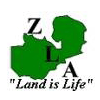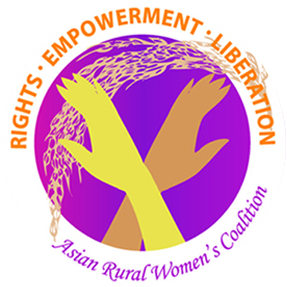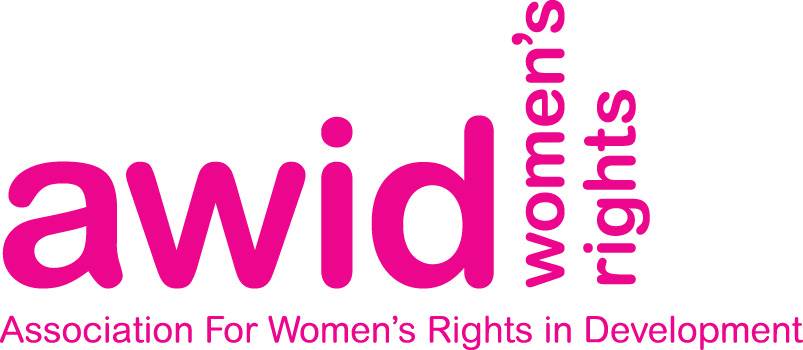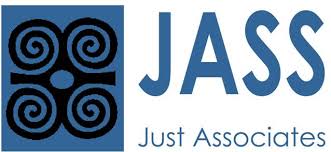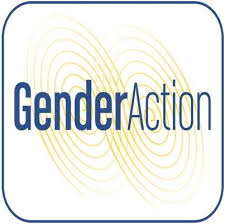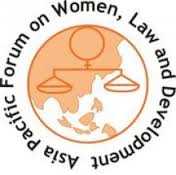Zambia Land Alliance
Asian Rural Women's Coalition
Borne of the women's continued resistance against imperialist globalization was the Asian Rural Women's Regional Consultation held in the Philippines in 2007 (of 52 Asian women from 14 countries) followed by the Asian Rural Women's Conference in 2008 held in Arakkonam, Tamil Nadu, India. The 2008 conference forged unity among the 700 rural women leaders, national women's groups, regional networks representing peasants, agricultural workers, indigenous women, Dalit women, workers and migrants from around 21 countries in Asia and the Pacific.
Association for Women's Rights in Development
Focus on Land in Africa (FOLA)
Focus on Land in Africa (FOLA) is an educational resource for development practitioners and policy makers that explores how land and natural resource rights affect, and are effected by, development in Africa. Through raising awareness of these issues, FOLA aims to elevate land and natural resource rights as an urgent priority for development in Africa.
Rural Women’s Assembly of Southern Africa
About
The Rural Women’s Assembly (RWA) is a self-organised network or alliance of national rural women’s movements, assemblies, grassroots organisations and chapters of mixed peasant unions, federations and movements across eight countries in the SADC region.
Just Associates
JASS believes that women who are most affected by the political, economic, environmental and health crises reverberating across the world are on the frontlines of change. While they rarely have a seat at the decision-making table, they are organizing their communities, developing solutions and promoting justice—often at great risk for going against the grain. As a global women-led human rights network of activists, popular educators and scholars in 31 countries, we work to ensure women leaders are more confident, better organized, louder and safer as they take on some of the most
Gender Action
Gender Action's mission is to promote women's rights and gender equality and ensure women and men equally participate in and benefit from International Financial Institution (IFI) investments in developing countries.
Asia Pacific Forum on Women, Law and Development
APWLD developed from dialogues among Asia Pacific women lawyers, social scientists and activists, which began at the 1985 Third World Forum on Women, held in Nairobi, Kenya. The women participating in the dialogues recognised that while law is used as an instrument of state control over resources, rights and even women’s bodies, it can also be used to help effect political and socio-economic changes in our societies.



